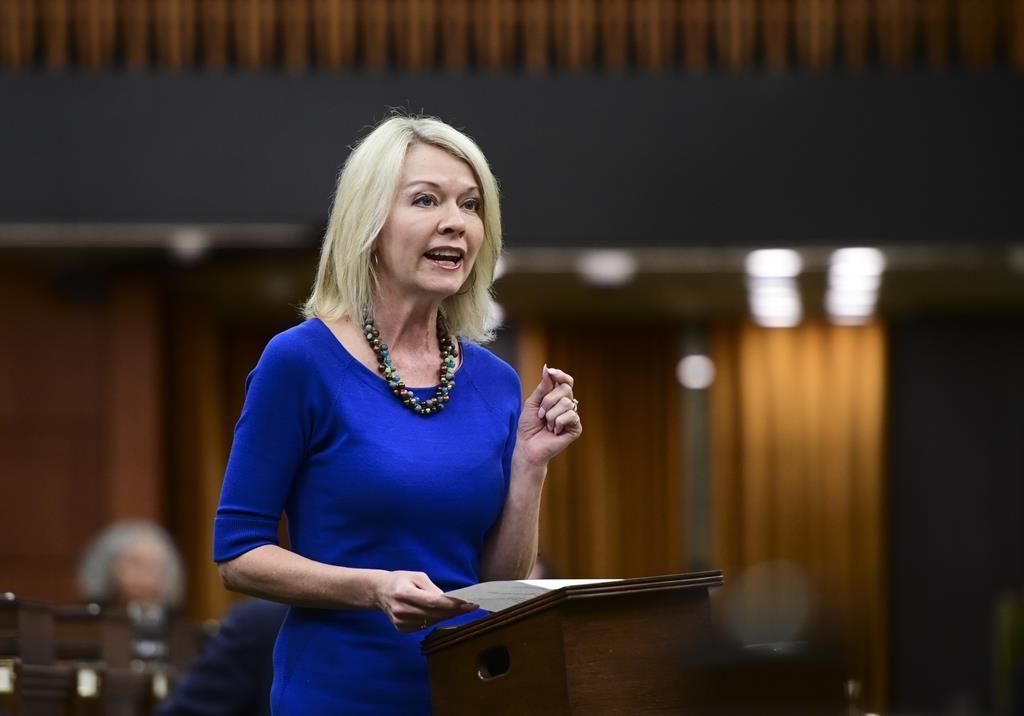The newly elected interim leader of the Conservative Party, Candice Bergen, used her first opportunity at the helm during question period to raise the issue of the convoy protest and ask how the government is planning to help resolve it.
“The protesters and, to be more accurate, the trucks have been parked outside in Ottawa for almost a week now, and instead of presenting a plan, which is what I think a lot of people in this country would like to see, to work with the people who are out there to help them feel they have been listened to, the prime minister is threatening Canadians with more vaccine mandates for interprovincial trade and travel,” Bergen said on Feb. 3.





